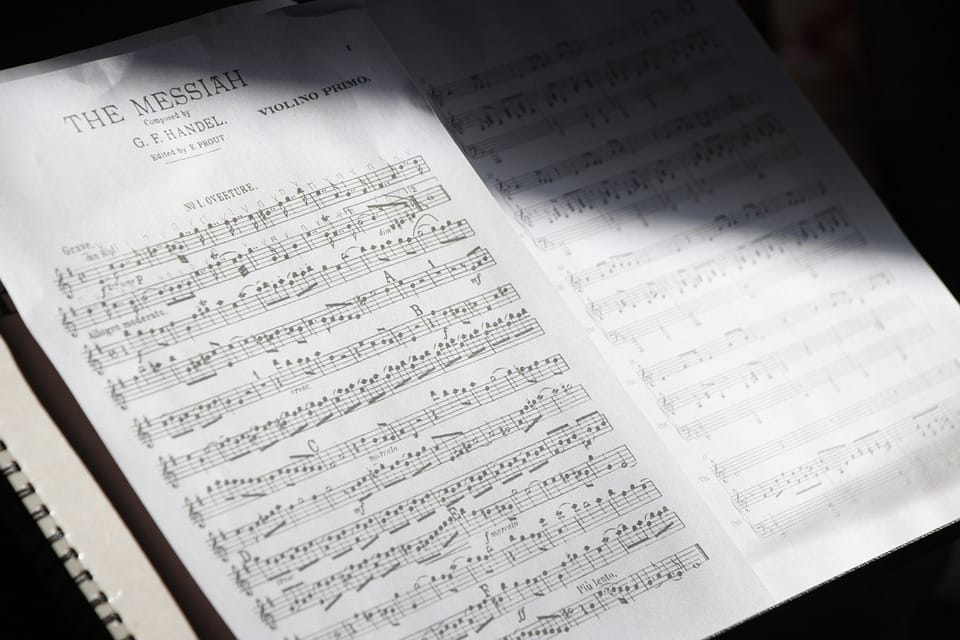Do we need to Practise?

Pupils always find it perplexing that their teachers should ever need to do any actual practise. ‘You’re a professional– you don’t need to practise!’ And we may think, ‘I’ve taught that piece a hundred times – I don’t need to practise it.’ If you do play professionally as well as teach, then the chances are that you do practise! Perhaps quite a lot. But hard-working full-time (or even part-time) teachers often find fitting regular practice into their busy schedules quite a challenge. We need both time and mental energy. Two luxuries often in short supply. So it’s only right to ask: is it worth finding that time and energy? After all we know most of the pieces we teach pretty well don’t we? I’m sure it won’t surprise you to learn that the answer is still a resounding yes – it’s very much worth the effort.
And here’s why. We need to experience how the piece feels physically and think about the kind of difficulties our pupils may encounter; we need to have all the ingredients clearly to hand; we need to explore and cultivate appropriate metaphors; we need to think about possible opportunities for improvisation; and if our muse is on call and willing, we may even write some useful or fun exercises based on the piece (or at least develop some mentally); we might search for a suitable piece of music (with similar ingredients) to sight-read or play as a duet. And it’s also very important to experience the sheer joy of simply playing a piece of music through from beginning to end.
Does that seem a lot to do? How about making a comparison with the list of instructions you give your pupils each week (or at least some of your pupils!) But once you get started, and in the best traditions of Simultaneous Learning, you’ll be making all sorts of interesting connections and the time will positively fly by.
As you begin practising each piece try to approach it through the eyes, mind, experience, knowledge and imagination of your pupil. Let’s think about character first. What would appeal? This piece/passage/note is like setting off for a football match or it’s like coming back from a football match (and your team has just won – or lost perhaps); it’s like waking up and you’re still feeling really tired or it’s like floating on a calm lake. Knowing your pupils’ interests is invaluable here. The number of possible images and situations are infinite of course but it’s important to think about them before the lesson – if we wait for inspiration during teaching we may be disappointed – our imaginations may be otherwise engaged. Pupils will almost always respond to a vivid or funny image. An accent is far more likely to be performed with enthusiasm if the player is trying to give the audience a shock rather than just playing that note louder.
As we play take in all the ingredients – the essential building bricks of a pro-active and energetic lesson. How will we make connections between them? What connections would be especially pertinent? Which particular ingredients would fit well together to make interesting warm-up exercises? Do I have time to write a special and personalised little exercise or study? Pupils love these by the way and their delight will certainly balance (if not greatly exceed) the trouble of writing it. Which ingredients does this particular pupil need to concentrate on? Which ingredients would go well together in some improvisation?
Look at the technical bits and practice them as your pupils might. What problems could they experience? Factor in their size and muscle development. Devise a new exercise to help.
One of the most informative revelations that may emerge from this kind of practice is the occasional realisation that we may have been making assumptions about the piece which inhibit musical or technical fluency. Because we may have taught a piece many times without playing it (or without having played for some time), more subtle difficulties can easily slip by unnoticed. I often practice simple teaching pieces and find particular passages can actually be deceptively awkward. It’s allows us to be more sympathetic!
In the old days resourceful teachers would make up cassettes or CDs of pieces for their pupils to listen to. It’s all so much easier today. We simply guide them to appropriate performances on YouTube or Spotify. So with that time saved let’s enjoy more practising and thinking.
Surprisingly you’ll relish teaching those old familiar pieces a whole lot more.
This article first appeared on the blog section of the author.





